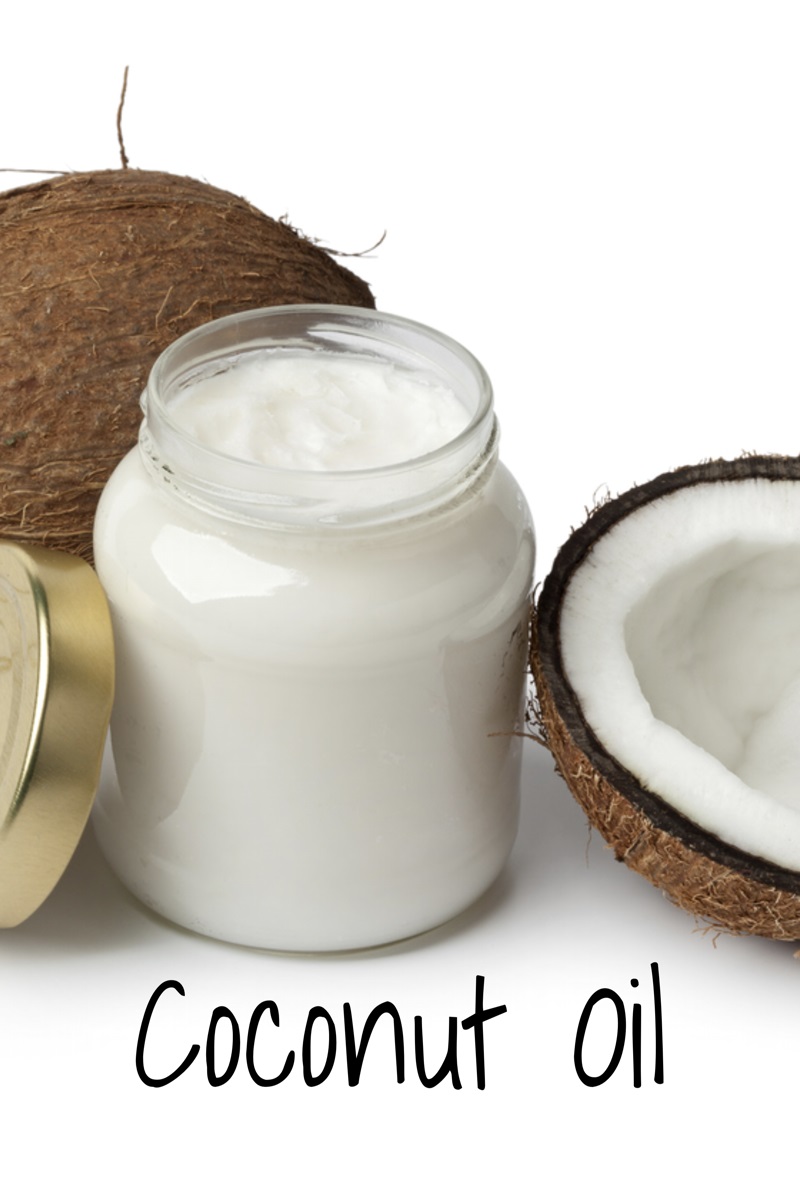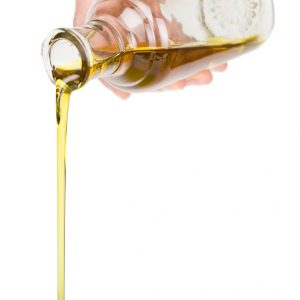Every time I'm at the grocery store buying coconut oil, I'm faced with essentially two options: refined and unrefined. Unrefined is always more expensive so it got me wondering, is it really better for you? Why the additional cost and what's the difference? Read on to find out!

Let's Start at the Beginning
All coconut oil is derived from the meat of the coconut. The difference between refined and unrefined is the state of the coconut meat when the oil is extracted. Unrefined coconut oil comes from fresh meat, and refined coconut oil comes from dried meat (aka copra).
Typically, unrefined means a product goes through less processing and contains more nutrients. This holds true for coconut oil. Simply put, unrefined coconut oil goes through less processing and is typically better for you.
Unrefined vs. Refined
Unrefined Coconut Oil
Unrefined coconut oil is often referred to as pure or virgin coconut oil. It is the purest form of coconut oil you can buy.
The oil is extracted from fresh coconut meat through either dry processing or wet processing, and then is typically cold pressed leaving behind just the oil.
Unrefined coconut oil has a distinct coconut flavor and keeps it's coconut-y aroma. It has a lower smoking point of 350 degrees F compared to refined coconut oil.
Refined Coconut Oil
Refined coconut oil goes through more processing and will have a more neutral taste. It comes from the same coconut meat as unrefined, but the meat is dried first.
For most manufacturers, the refining process includes deodorizing the coconut meat and "bleaching" it to remove the impurities (note that bleaching in terms of coconut oil is actually a filtering process, not a chemical bleaching process). Some companies may partially hydrogenate the oil as well, which means it will contain trans-fats.
Refined is great for cooking at high temperatures as it has a smoking point of 400 degrees F. And if you don't love the taste of coconut, or just don't want coconut flavor in the foods you're making, then refined is the way to go (as long as your buying a quality source).
How to Shop for Coconut Oil
Unrefined, or virgin coconut oi, is the easiest to shop for. As stated above, coconut oil labeled as unrefined/virgin is naturally in it's purest form. And as an added bonus, most virgin coconut oil is also organic.
When buying refined, make sure you are aware of how the manufacturer processed the oil and know that natural processes were used to refine the oil (don't just go for the cheapest version). And don't forget refined is less expensive, so that's a win. If buying refined, Nutiva is a great brand that uses natural processes (steam refined) to refine the oil.
The good news is they both have numerous health benefits (as long as you're buying quality refined oil) like antiviral, antibacterial, anticancer and immune-boosting effects. Unrefined coconut oil, however, is richer in phytonutrients (chemicals produced by plants; plants use phytonutrients to stay healthy. Hint: they are good for us!) than refined coconut oil.
What Else Should I Know?
- Coconut oil melts at 76 degrees F, so if it's summer, or you live in a warmer climate, you may notice your coconut oil is a little melty (where it was probably solid when you bought it). This is totally fine and doesn't mean you can't us it anymore.
- When using melted coconut oil in recipes, try to ensure all other liquid ingredients (eggs, milk, etc.) are at room temperature. If not, the oil will start to solidify again when it comes in contact with cold ingredients. It typically won't ruin the recipe, but does make it easier to mix if all ingredients are room temperature.
- You can replace coconut oil 1:1 in all recipes for butter or other types of oils. And it's a great replacement in recipes where butter and sugar need to be creamed together.
For the majority of my cooking and baking I use unrefined coconut oil. Here is the coconut oil that I use. I choose the unrefined simply due to the fact that it does go through less processing/is more pure, and in baking, you cannot taste the coconut at all.
If you would prefer to use refined, I would recommend this coconut oil (it is steam refined so no chemicals or bleaching used!).
Both of the coconut oils I recommend are Nutiva. Love this company; they keep the environment, sustainability, and the well-being of all at the forefront of all they do!
Curious About Other Common Ingredients?
Check out my posts on:
OLIVE OIL
EGGS
(picture from iStock photos)
Resources:
https://www.nutiva.com/kitchen/virgin-vs-refined-coconut-oil-5-things-you-need-to-know/
https://www.thespruceeats.com/how-to-use-coconut-oil-cooking-1001577
https://thrivemarket.com/blog/refined-vs-unrefined-coconut-oil




Leave a Reply